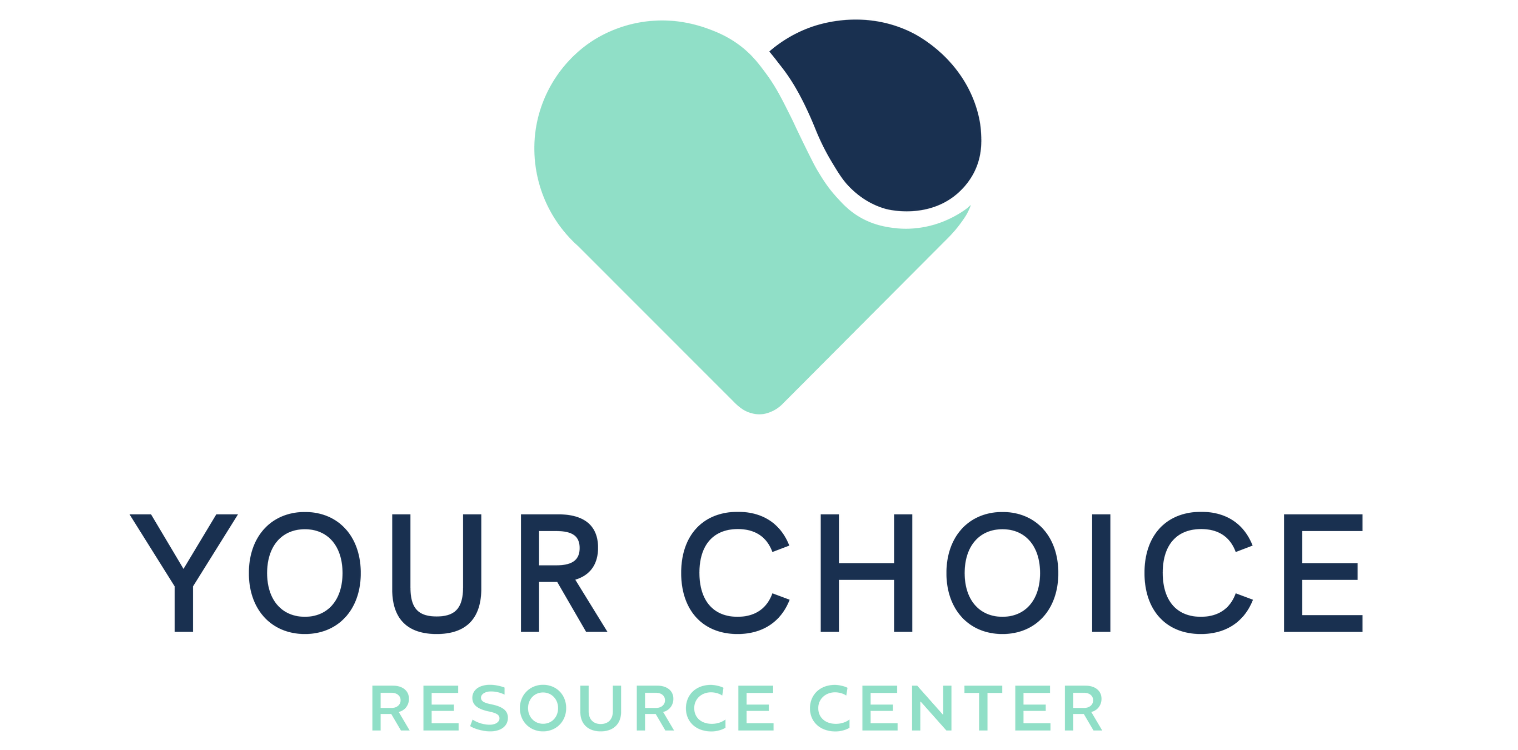
Sexually Transmitted Infections
FAQ
STIs can be easily spread through any vaginal, anal, or oral sex, as well as skin-to-skin contact.
At Your Choice Resource Center, we only offer testing for students in Nash, Edgecombe, and Halifax county schools as well as local college students. Proof of enrollment must be shown.
We Are Here for You
Could I Have An STD?
A person is at risk for an STD if they have had sexual activity, including vaginal, anal, or oral intercourse as well as skin-to-skin contact. The majority of STDs are symptomless. Testing and early detection are crucial for this reason.
What Are The Most Common STDs
There are over 25 different types of STDs; the following are some of the more prevalent ones:
Chlamydia
Gonorrhea
HIV/AIDS
Syphilis
Biologic Vaginosis
Herpes
Hepatitis
Trichomoniasis
HPV
How Many People Have STDs
There are 110 million instances in the US, and 20 million new cases are reported annually, according to the Centers for Disease Control.
How Do I Prevent an STD
If you are engaging in sex or sex-like activity, you are at risk for a sexually transmitted disease.
Condoms and other barrier methods are risk reduction, not risk elimination. If you are engaging in sex,
abstinence is the only way to ensure against contracting an STD. this means not engaging in vaginal,
oral, or anal sex.
Who Should Be Tested For An STD?
If you are engaging in sexual activity, you are at risk for an STI. follow the link below for testing recommendations from the CDC.
What If I Test Positive For An STD?
If you test positive for an STI you should seek treatment from a medical professional. You should call your doctor and set up a treatment plan for the specific STI you have tested positive for.

